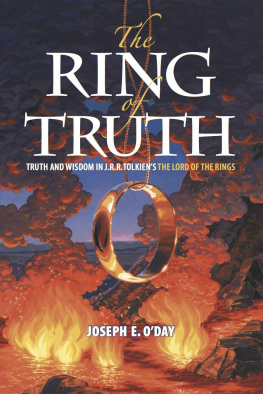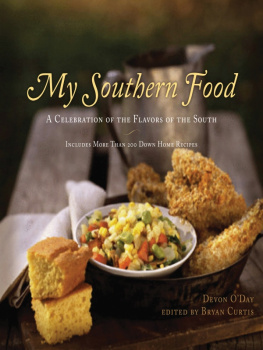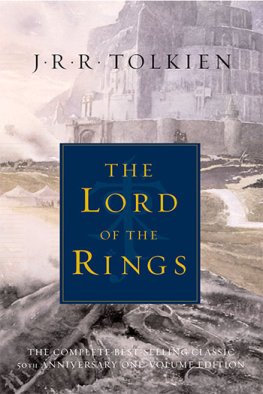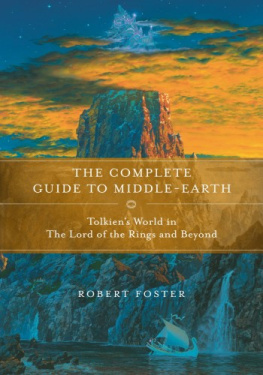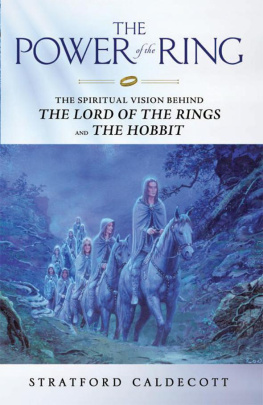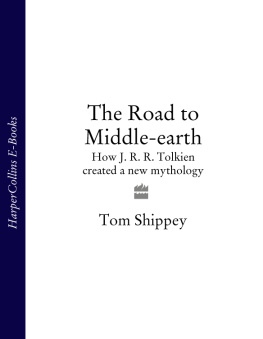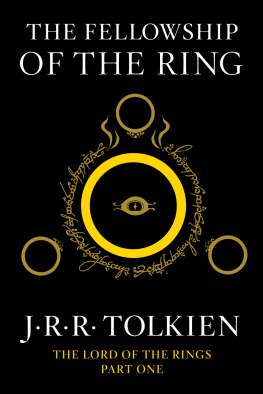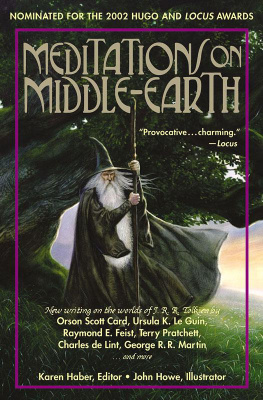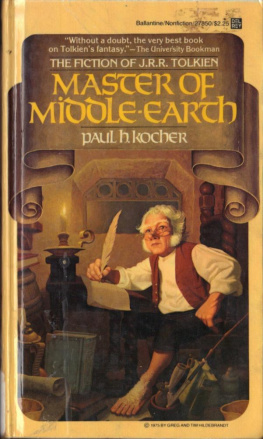10. Temptation
11. Love
12. Mercy
13. Faithfulness
14. Hope
15. Humility & Pride
16. Joy
17. Righteous Anger
Ourselves
18. Everyday Wisdom
19. Courage
20. Devotion to Duty
21. Greed & Generosity
22. Interracial Harmony
23. Loyalty & Friendship
24. Self-sacrifice
The Lord gives wisdom,
from his mouth come knowledge and understanding;
he stores up sound wisdom for the upright;
he is a shield to those who walk in integrity,
guarding the paths of justice
and watching over the way of his saints.
Then you will understand righteousness and justice
and equity, every good path;
for wisdom will enter your heart,
and knowledge will be pleasant to your soul;
discretion will watch over you,
understanding will guard you.
(Proverbs 2:6-11, ESV)
Introduction
The irony inherent in works of fantasy is that they are meant to convey truth and wisdom. From Aesops Fables to modern epic novels, fantasy serves to showcase truisms that are important to human society. The moral of the typical fable, for instance, is hard to miss: Never cry wolf; Never go with strangers; One good turn deserves another; and so on.
The Lord of the Rings is an undeniable classic: a work which invites repeated readings without exhausting its potential to deepen and define our moral and spiritual lives. Young and old alike keep returning to these big books for both wisdom and delight. True fantasy, Tolkien declared in his 1939 essay On Fairy-Stories, is escapist in the good sense: it enables us to flee into reality. The strange new world of hobbits and elves and ents frees us from bondage to the pseudo-reality that most of us inhabit: a world deadened by bleary familiarity. Fantasy helps us recover an enlivened sense of wonder, Tolkien observed in this same essay, about such ordinary things as stone, and wood, and iron; tree and grass; house and fire; bread and wine.[1]
Some of the maxims of fantasy apply to how wisely we interact with other people, but others apply to how wisely we interact with our world, our God, and ourselves. Other truisms are wise statements about reality quite apart from the small part we play in it. The Lord of the Rings is no exception. Poul Anderson wrote that Tolkiens fantasy deals with questions fundamental and timeless, the nature of good and evil, of man, and of God.[2] Gene Edward Veith asserted,
The [Ring] trilogy is filled with Christian motifsresurrection, providence, sacrifice, the promise that a king will returnbut it is not... an allegory, a genre Tolkien disliked. Tolkien called what he was doing a sub-creation. God created the universe so human beings, made in His image, can imitate Him, though faintly, by making creations of their own. Whereas Gods creation is real, an authors creation (or, rather, sub-creation) is fictional, existing only in the mind and imagination, though potentially meaningful and valuable nonetheless.[3]
Since J. R. R. Tolkien was a Christian theist who believed that the Bible is the revealed Word of God, the characters and the story of his fantasy novel portray many of the central truths of Christianity. Tolkien himself said, The Lord of the Rings is a fundamentally religious and Catholic work; unconsciously so at first, but consciously in the revision.... The religious element is absorbed into the story and into the symbolism.[4]
As a Christian, Tolkien understood that our lives are part of a grand drama that both transcends and explains our experiences. The dramas narrative infuses meaning into scenes and events that would otherwise seem arbitrary and meaningless. Tolkien saw the adventure of our lives, like the adventure of his hobbits, as part of a story that began once upon a time and is moving toward its eventual ever after. [5]
Philosophically, Christianity is dualistic, unlike the monism of some Eastern religions. In the Christian worldview, God is distinct from his creatures, not one and the same with them. Consequently, individual human acts have significance and meaning. Christians also believe that there is real evil and real good, and though evil might prevail for a time and may seem irresistible, in the end good is destined to triumph. The Lord of the Rings has some very dark images, but recognizing the difference between darkness and light is exactly what our culture needs.[ 6]
In this eradication of evil by the good, the characters in The Lord of the Rings have their parts to playwhether small or large, for good or for ill. The temptation to join with evil is relentless, and many give in to its incessant pull. But it is far better and wiser to resist and to fight on the side of good, as do the protagonists in Tolkiens fantasy, even though it may result in disappointment, alienation, or even agonizing suffering and death.
Speaking of the movie adaptation of The Fellowship of the Ring, Andrew Coffin, correspondent for World magazine, wrote, Tolkiens profoundly Christian worldview... dominates the narrative. Without any specific reference to religion, the concepts of providence, temptation, self-sacrifice, personal responsibility, andmost importantlya clear and radical distinction between good and evil are the driving force of this story of hobbits and wizards.[ 7]
Tolkiens Christian theism is the matrix, if you will, of The Lord of the Rings . He wrote that his fantasy novel is about God, and his sole right to divine honour. The Eldar and the Nmenoreans believed in The One, the true God, and held worship of any other person an abomination. Sauron desired to be a God-King, and was held to be this by his servants.[ 8] As a result, Tolkiens novel contains many elements of Christian truth and wisdom, and Scripture tells us that wisdom is supreme; therefore get wisdom. Though it cost all you have, get understanding (Proverbs 4:7).

